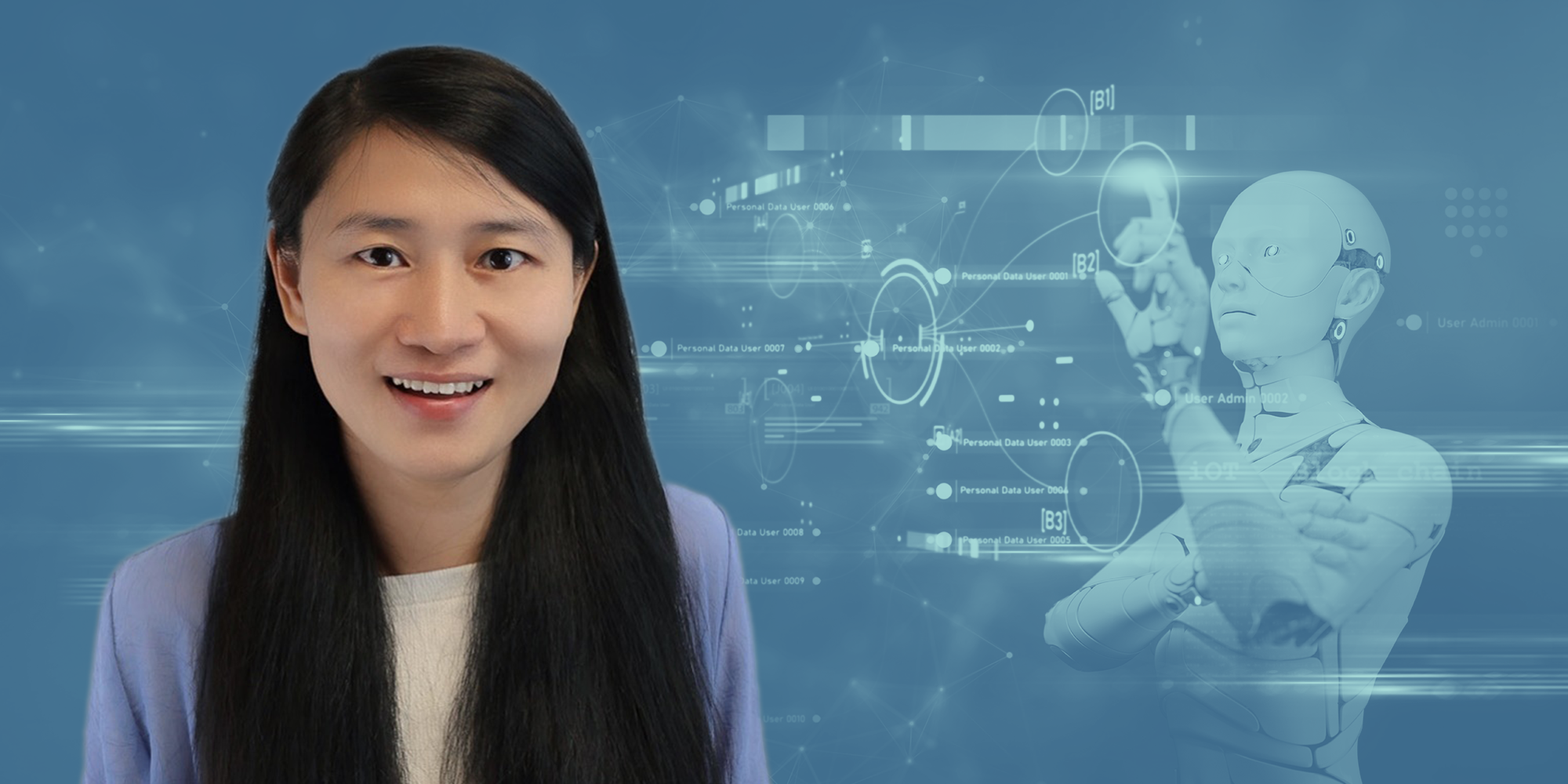As artificial intelligence (AI) becomes increasingly prominent in society, ensuring proper education and workforce development in AI for a broader student audience is essential, according to Rui Guo, Ph.D., instructional assistant professor in the Department of Engineering Education (EEd), and her research group. Using a grant from the National Science Foundation (NSF), Guo and her team will look to address several fundamental issues surrounding AI education while establishing a remotely accessible Artificial Intelligence of Things (AIoT) infrastructure.
“Fostering an interest in AIoT can inspire the next generation of AIoT professionals, driving future advancement and breakthroughs in technology,” Guo said. “By encouraging more students to pursue careers in this field, we can address the AIoT workforce shortage and maintain technological competitiveness on a global scale.”
In a collaborative effort between UF, North Carolina Agricultural and Technical State University, and Prairie View A&M University, a team of researchers will first address an imbalance in AI education that primarily focuses on building software skills, which Guo says can leave a notable gap in hardware expertise.
“The idea of integrating hardware components emerged from discussions within our research team, particularly two professors (with cutting-edge labs) in Electrical Engineering here at UF,” Guo said. “Through the proposed remotely accessible AIoT infrastructure, which combines AI with IoT devices, students will not only enhance their software skills but also gain hands-on experience in integrating AI with hardware systems.”
The group also plans to examine various resource constraints that many educational institutions face when it comes to offering state-of-the-art and hands-on learning experiences in AI. They will introduce immersive learning strategies to broaden student participation and foster innovation in the field, helping increase engagement and understanding of AI. Over 30 instructors and 1,500 undergraduate students will be directly impacted.
“To ensure that AIoT education is accessible to broader participants without requiring a high investment, a key focus of the project is to enable remote access to the same state-of-the-art infrastructure for students with no loss of the immersive learning functionality,” Guo said. “This collaboration aims to extend the reach of AIoT education, provide more equitable access, and support students in exploring emerging technologies.”
Guo says the team plans to evaluate the effectiveness of the immersive learning environment through three aspects: by having an external evaluator conduct formative and summative assessments, by having the project team investigate the effectiveness of learning from the initial understanding stage to the final evaluation stage, and by working with industry collaborators to continuously review the course modules.
“We will expand the student base by incorporating our modules into bridge programs, dual enrollment, and undergraduate research experiences, with an emphasis on reaching a wider range of learners,” Guo said. “For the course that I’m teaching for the new Master of Science in Applied Data Science program, I may adopt some of these self-contained modules for students to gain more hands-on experience in machine learning as well as hands-on understanding of AI.”
Brady Budke
Marketing and Communications Specialist
Department of Engineering Education

